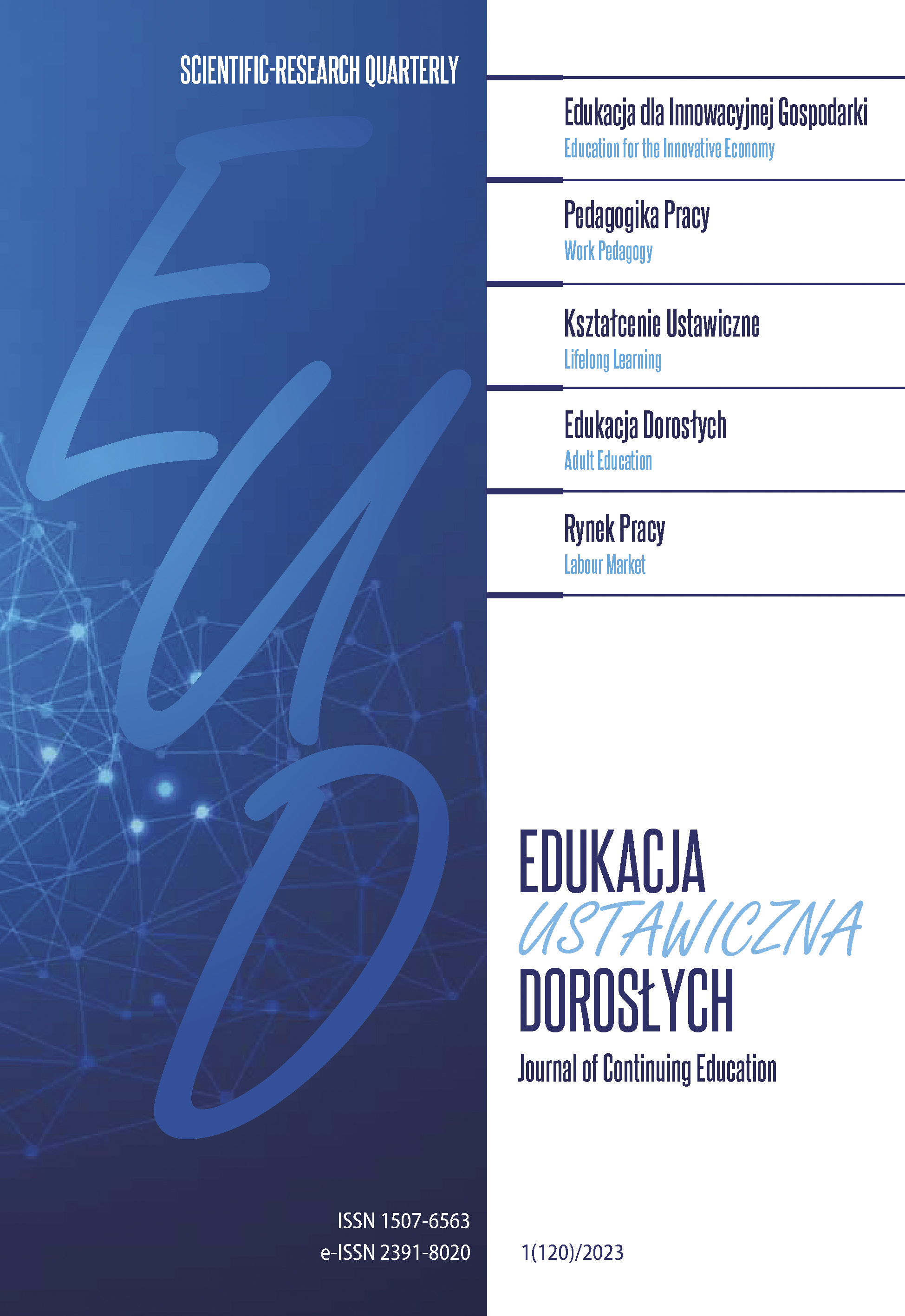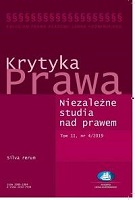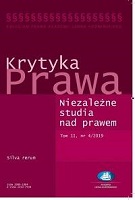
Designing an interactive course based on gamification by educators and VET providers
Designing an interactive course based on gamification by educators and VET providers
Keywords: VET; interactive course; gamification; competence development; training; training materials;
The article is a summary of the work carried out by an international team of expertsas part of the first intellectual output of the i-CONTENT project: A Toolkit for Educators and VETproviders for the design and development of online interactive gamified content, funded by theErasmus+ Programme, which aims to serve Trainers and VET providers (mainly SMEs) deliveringnon-formal initial and continuous VET courses who wish to transform the typical classroomled course delivery into an online interactive gamified learning experience (asynchronous andsynchronous learning) allowing them to meet current market needs and enabling them to targetthe global market. Partners from five countries (Poland, Italy, Greece, Cyprus, United Kingdom)conducted research on two target groups – VET trainers and students, in order to determinewhat online tools are used by trainers to create online courses, which prompts students toenroll in an online course, and what key elements they believe are necessary to keep the courseengaged and what makes the course attractive. Based on the results of the research, the authorshave developed “A guide for the design phase of the interactive phase of an online course”containing information on designing attractive and effective course content before moving tothe development phase, how to set goals, structure, and define learning outcomes.
More...

